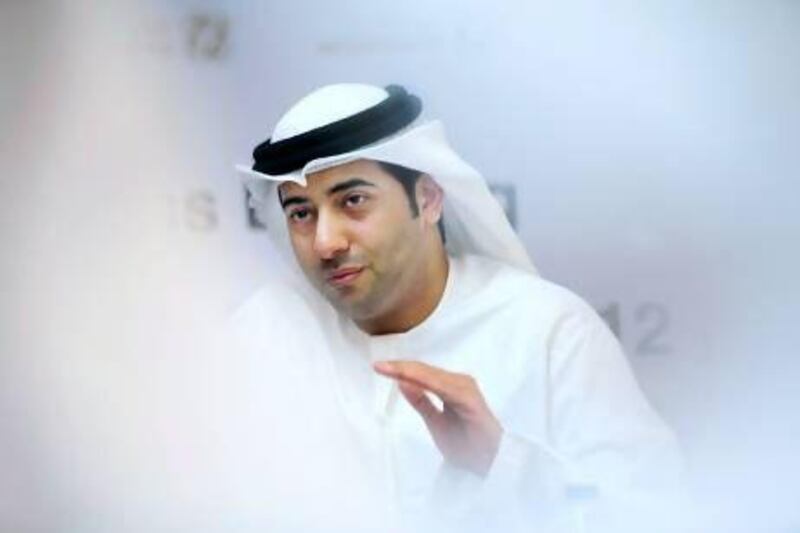ABU DHABI // The UAE reached a crucial milestone in its nuclear energy programme yesterday with the signing in Vienna of an agreement with the United Nations' nuclear watchdog, the International Atomic Energy Agency.
The document, the Integrated Work Plan, establishes the framework for the country's collaboration with the IAEA.
It covers 19 infrastructure areas including environmental safeguards, radiation protection, emergency planning, security and legislation.
The agreement was signed on behalf of the UAE by Hamad Al Kaabi, the nation's permanent representative to the agency.
The IAEA is responsible to both the UN General Assembly and the Security Council for promoting safe, secure and peaceful nuclear technology.
Yesterday's agreement "defines all IAEA assistance to national nuclear power development activities, it is tailored to UAE needs and reflects national plans as well as recommendations from the IAEA," said Mr Al Kaabi. "By signing this work plan the UAE will be the first among nuclear newcomer countries."
The UAE is the first nation to begin construction on a nuclear power plant since China in 1985. The nuclear programme is projected to be operational in 2017.
Mr Al Kaabi said the agency was impressed with the UAE's strong commitment and its focus on sustainability.
"Developed in harmony with the UAE Country Programme Framework signed in 2011, the Integrated Work Plan focuses specifically on nuclear power and will enhance the efficiency and effectiveness of the partnership between the UAE and the IAEA," he said.
The work plan will help to coordinate the agency's various departments, such as the Technical Cooperation Department, Nuclear Energy Department, Nuclear Safety and Security Department, Safeguards Department and Office of Legal affairs.
The IAEA's assistance will include developing the country's technical expertise and human resources to guarantee the programme's sustainability and ensure it is used for socio-economic development.
It will assist in ensuring the safety and security of the programme for electricity generation, in line with nuclear non-proliferation, and build a public communications strategy.
The agency will also help the UAE to develop regulations and build an emergency response infrastructure able to respond to any nuclear or radiological emergency, in line with international standards.
Radioactive waste management assistance will also be provided to help the UAE to build its own ability to handle such waste.
The agency will also work to strengthen the Federal Authority for Nuclear Regulation. It will provide assistance in safety assessments for the nuclear units and help to develop policies regarding radioactive waste and spent fuel.
The UAE has been cooperating with the IAEA since it revealed its ambitions to develop a nuclear programme in 2007.
The UAE model calls for close and continuous coordination with the IAEA, as well as with governments and companies from responsible nuclear nations.
Among the notable commitments embodied in the UAE policy is a pledge to forgo any domestic enrichment or reprocessing capability in favour of long-term external fuel supply arrangements.
The UAE pledged to sign a number of international agreements, including the IAEA Additional Protocol, the IAEA Convention on Nuclear Safety, the IAEA Amendment to the Convention on the Physical Protection of Nuclear Material and the IAEA Joint Convention on the Safety of Spent Fuel Management.
The IAEA director general Yukiya Amano visited the UAE last January to see first-hand the progress made in the construction of the nuclear power plant at Barakah in Al Gharbia.
Mr Amano also discussed with authorities the advancement of the nuclear programme and the continuing close cooperation with the IAEA.
Last month ground was broken for the second nuclear reactor.
"So far this is the most aggressive deployment of a new programme from scratch," Mr Al Kaabi said at the time.
"Given what happened in the past two years with Fukushima and the attention that the global community paid to nuclear safety, to be able during this time to continue not only on the original plan but also adapt lessons learnt as we go on, this in itself is quite an achievement."
Emirates Nuclear Energy Corporation filed a 10,000-page construction licence application this year for the third and fourth reactors. It was 1,000 pages longer than the application to build the first two reactors that was approved in July.






